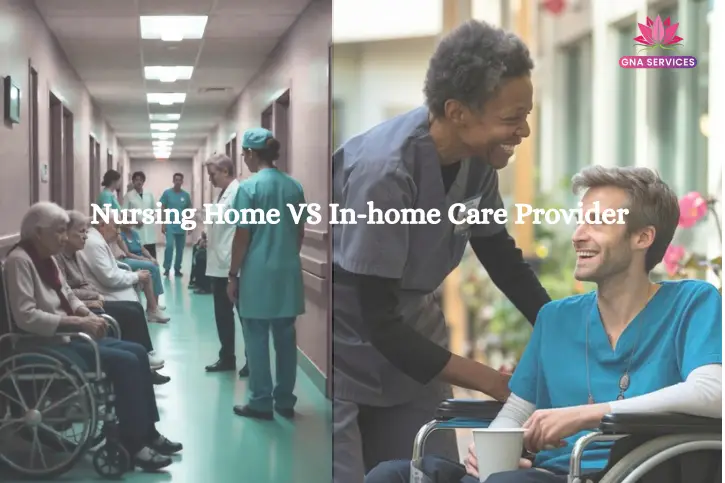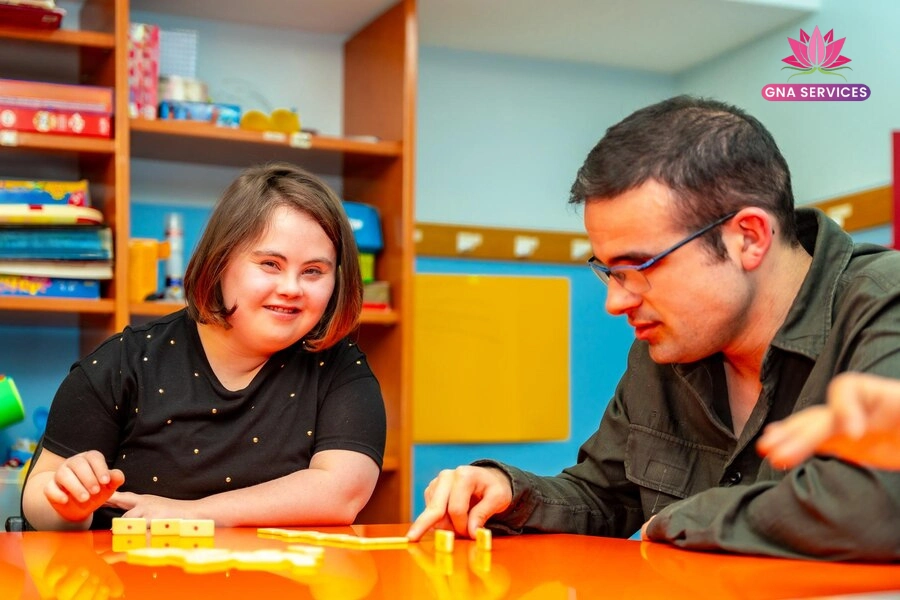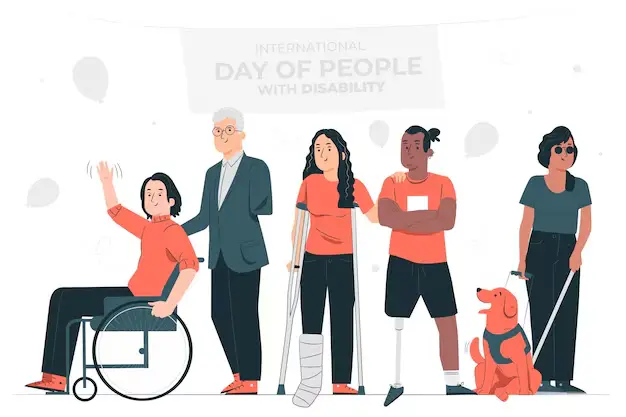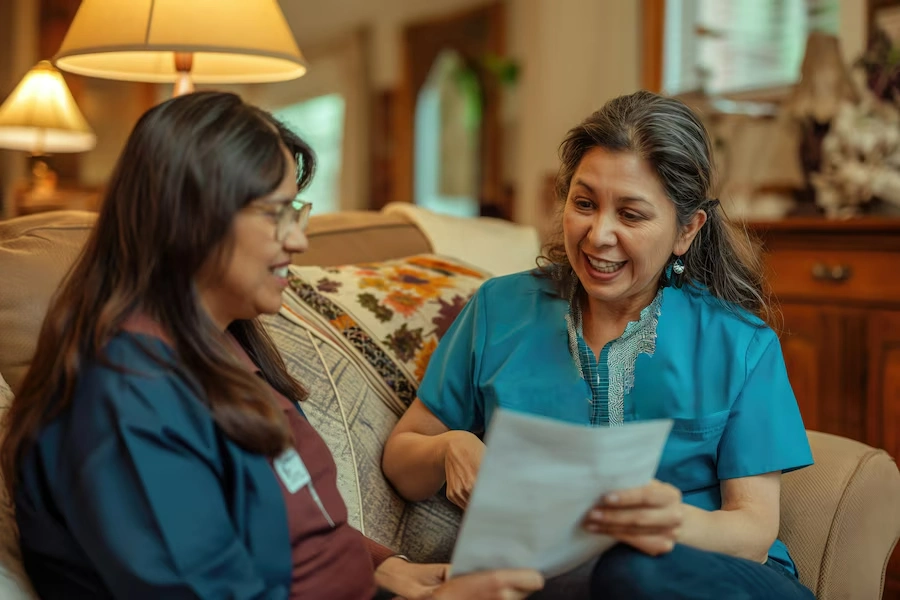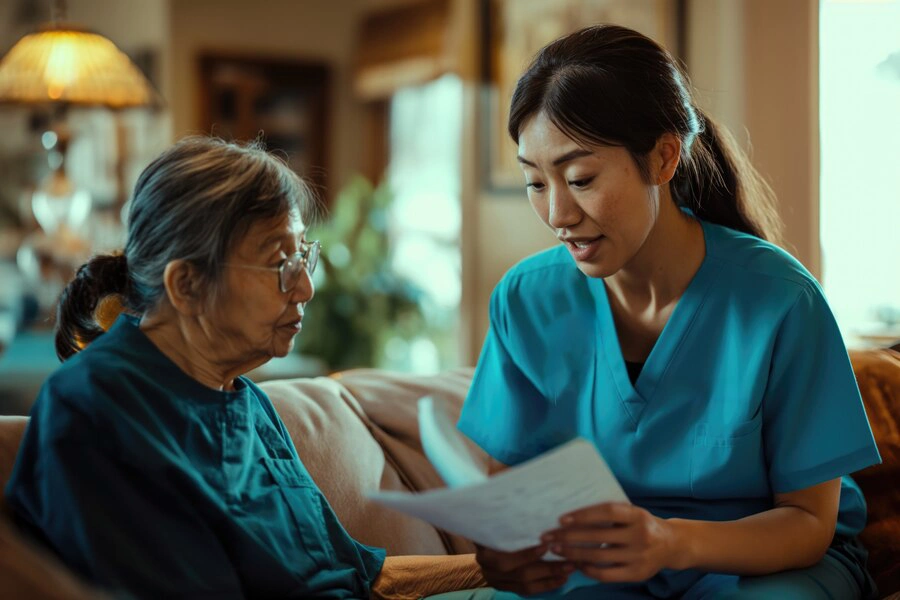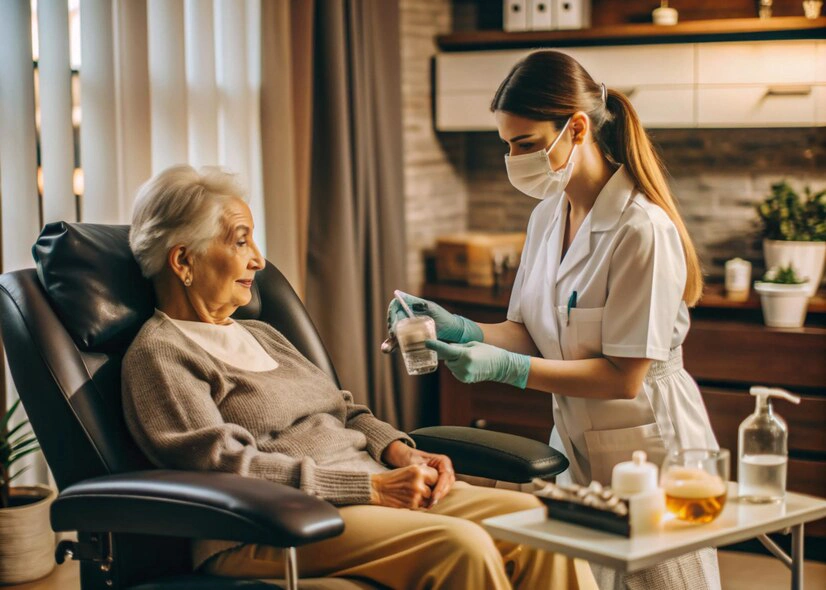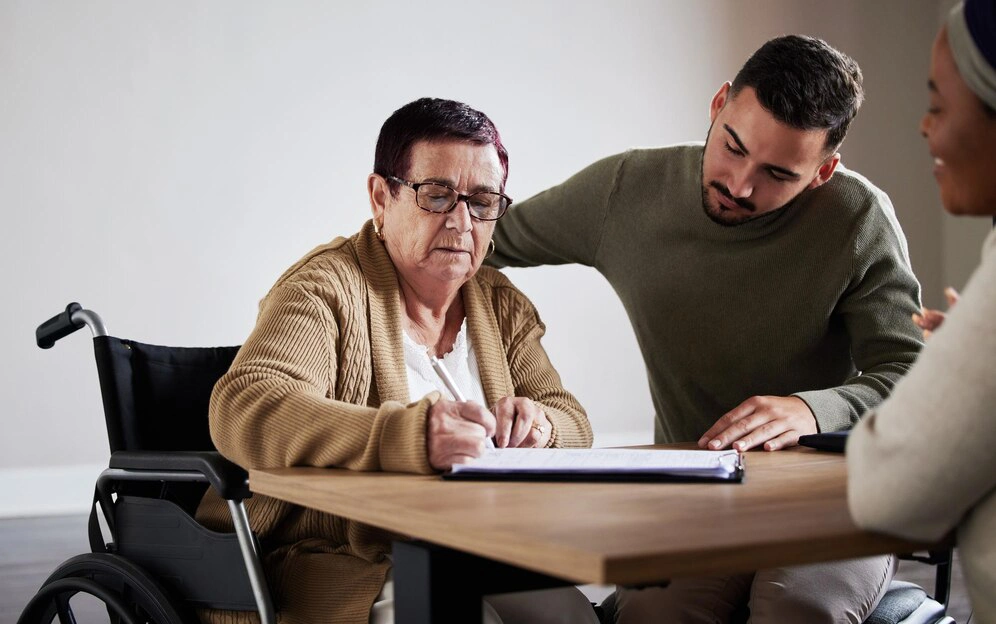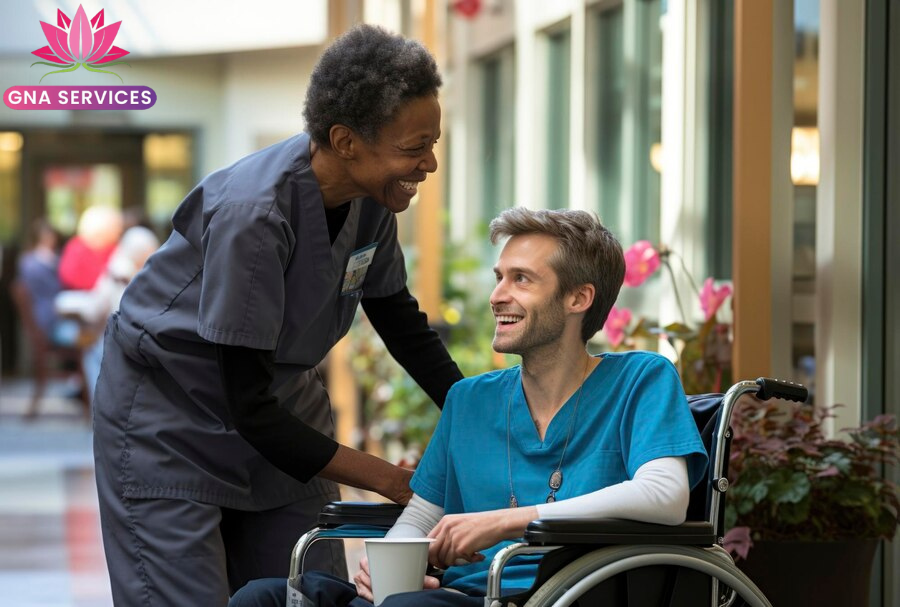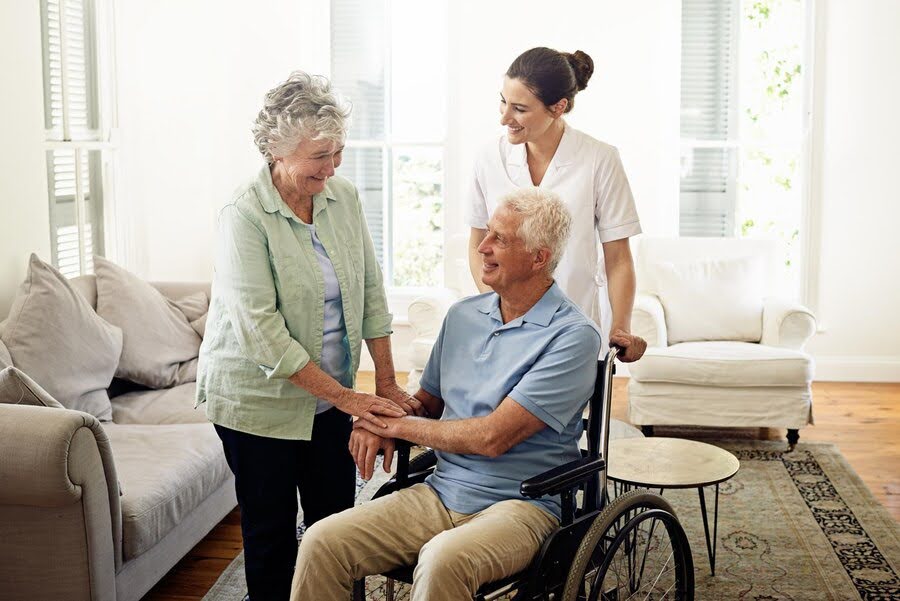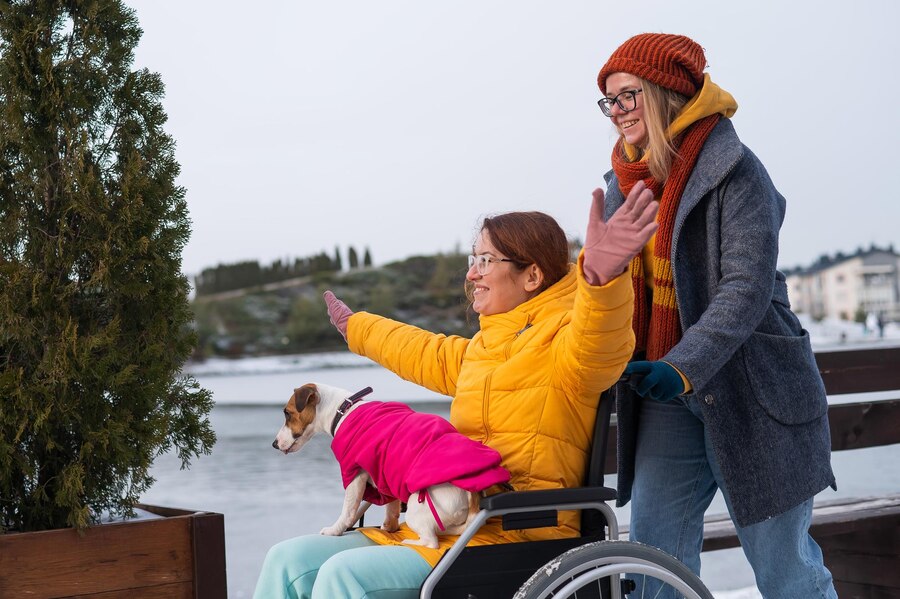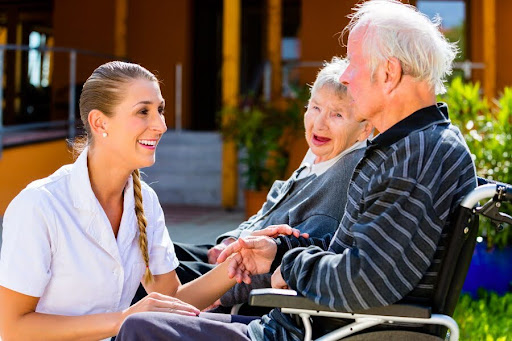
26-Aug-2024
The Role of Rehabilitation Services in DVA Support for Veterans
Rehabilitation is a cornerstone of support provided to veterans by the Department of Veterans Affairs (DVA) in Australia. This critical service helps veterans recover from physical and psychological injuries sustained during their service and reintegrate into civilian life.
With its comprehensive approach, DVA assistance for veterans is designed to address the unique needs of veterans, ensuring they can lead fulfilling lives post-service.
In this blog, we will explore the role of DVA Support services within the DVA support framework by highlighting the key components and benefits of these services.
What are DVA Support Services?
DVA health support services are designed for veterans' specific needs, focusing on restoring their physical, mental, and social well-being. These services are not just about treating injuries but also about helping veterans achieve their personal goals, whether those are related to health, employment, or community participation.
DVA offers rehabilitation health services that can be broadly categorized into three areas:
Medical Rehabilitation: This involves the treatment of physical injuries and illnesses. Services may include physiotherapy, occupational therapy, and access to medical specialists. The goal is to improve or restore physical function, reduce pain, and help veterans manage chronic conditions resulting from their service.
Psychosocial Rehabilitation: Recognizing the psychological toll of military service, the DVA offers mental health support, including counseling, psychiatric care, and programs to improve emotional well-being. This aspect of rehabilitation is crucial for veterans dealing with conditions such as post-traumatic stress disorder (PTSD), depression, or anxiety.
Vocational Rehabilitation: This focuses on helping veterans return to work or pursue new career opportunities. It may include career counseling, skills training, and job placement services. The DVA works closely with veterans to identify suitable employment paths that align with their skills, interests, and physical capabilities.
Key Components of DVA Rehabilitation Services
DVA rehabilitation services are built around a few key principles and components that ensure veterans receive the most effective support:
Rehabilitation Plans: Each veteran’s rehabilitation journey is unique. It addresses the specific needs, goals, and circumstances of each veteran. These plans are created in collaboration with veterans, healthcare providers, and other relevant professionals, ensuring a holistic and personalized approach.
Holistic Approach: The DVA adopts a holistic approach to rehabilitation, recognizing that physical, mental, and social well-being are interconnected. This means that rehabilitation plans often include a combination of medical treatment, psychological support, and vocational training to address all aspects of a veteran’s recovery.
Family and Community Involvement: The DVA understands that rehabilitation is more effective when it involves the veteran’s family and community. Support is often extended to family members, and veterans are encouraged to engage with their communities as part of their recovery process.
Ongoing Support and Monitoring: Rehabilitation doesn’t end with the completion of a program. The DVA provides ongoing support and monitoring to ensure veterans continue to progress and adjust their rehabilitation plans as needed. This long-term support is essential for managing chronic conditions or ongoing challenges related to military service.
Benefits of DVA Rehabilitation Services
The benefits of DVA rehabilitation services are far-reaching, impacting not only the veterans themselves but also their families and communities:
Improved Health Outcomes: Through comprehensive medical and psychological care, veterans can achieve better health outcomes, managing or recovering from injuries and illnesses more effectively. This leads to improved quality of life and greater independence.
Enhanced Mental Well-being: Mental health support is a critical component of DVA rehabilitation, helping veterans cope with the psychological effects of their service. By addressing issues like PTSD and depression, veterans can regain emotional stability and improve their overall mental well-being.
Successful Reintegration into Civilian Life: Vocational rehabilitation helps veterans transition smoothly back into civilian life, whether by returning to their previous jobs or finding new career paths. This not only benefits the veterans but also contributes positively to society by enabling them to continue contributing their skills and experiences.
Strengthened Family and Social Ties: Rehabilitation services that involve families and communities help to strengthen these crucial support networks. This fosters a sense of belonging and reduces the isolation that many veterans may feel after leaving the military.
Final Words
Rehabilitation services are a vital component of the DVA support services. It addresses the physical, psychological, and social challenges faced by veterans. By offering a holistic, individualized approach, the DVA ensures that veterans receive the care and support they need to recover from their injuries, manage their health conditions, and successfully reintegrate into civilian life.
Through ongoing support and a focus on long-term well-being, DVA rehabilitation services empower veterans to lead fulfilling, independent lives, honoring their service and sacrifices while helping them build a positive future.



